Heard of Sustainable Beauty?
Hi Beauties! 💗
With increased conversations of climate change, protecting the environment has become one of the most important topics of our generation. As a result, it is only natural for people to become more conscious of what they choose to purchase.
This has led to a surge of “greenwashing”, as many brands across different industries try to appeal to the favour of customers by wrongly focussing on using sustainability as nothing more than a marketing tool, while doing the bare minimum for the environment.
Another point to keep in mind is that the list can be extensive when it comes to what would make a brand truly sustainable. The problem is, nearly all brands would not make the cut if they were to comply with all of these conditions. The beauty industry, as with many other industries, still has some ways to go, on the road to becoming as sustainable as possible.
However, we can still appreciate the businesses that are constantly and genuinely looking for ways to progress, and hopefully it encourages others to follow suit! 🌏
WHAT IS SUSTAINABLE BEAUTY?
While definitions of sustainable and ethical beauty can have variations, there are some common factors that can make things a little easier.
Here is a downsized list to help you get an idea of what to really look for when shopping for sustainable and ethical brands:
“Clean” ingredients

www.facebook.com/iunikcos
The idea of being “clean” is that the formula would be made with ingredients that are generally considered to be natural, non-toxic and safe for the skin. This exempts harsh and potentially irritating chemicals such as preservatives, synthetic fragrances, formaldehyde and formaldehyde releasers, GMOs and more.
iUNIK believes in the idea of simple and minimalistic skincare. They aim to only include the most necessary and natural ingredients in their products.
Cruelty-free

www.wishtrend.com
If brands that use animal-derived ingredients aren’t able to be transparent on how they were retrieved, or whether they test on animals, it is hard to deem them as cruelty-free.
For example, the process of retrieving Palm Oil has been debated for its contribution to the deforestation of many forests, endangering many wildlife in the process. Businesses that use these methods cannot be seen as ethical if their practices bring harm to any living species.
Dear, Klairs is against animal cruelty, and believes in using plant-based ingredients in their formulas. Although not all of their products are vegan yet, they are committed to becoming a vegan brand.
Vegan

www.puritoen.com
Ingredients sourced ethically from the raw materials of the Earth in reasonable quantities, rather than animal-derived ingredients are preferable as they usually require less energy to process, and also do not potentially harm the animals. They are also usually more safer on the skin and less irritating for sensitive skin.
All Purito products claim to be 100% vegan, and use natural and safe ingredients.
Ethical sourcing

www.facebook.com/roundlab.sg
This means that the brand ensures that their ingredients are sourced in a way that does not damage the environment. They also ensure that their workers are treated fairly while working in a safe environment.
Round Lab has been fairly transparent on where their main ingredients are sourced from, which makes it easier to trust their quality and ethics.
Thoughtful packaging

www.bentoncosmetics.com
Thoughtful packaging is packaging that is made from recycled materials, and can be recycled again after use. This can also include packaging that is compostable or can be reused. It also ideally allows for easy cleaning of the product’s contents to be emptied before recycling.
Benton is aiming to use 100% sugarcane material and soy ink in all their packaging, to make them completely biodegradable.
Waste management

www.terracycle.com
Waste is one of the biggest issues when it comes to looking after the Earth. It may be worth enquiring with a brand about how they manage their waste, and looking into whether they offer systems that allow the circulation of post-consumer waste.
Innisfree has been running an initiative for customers in certain countries to bring back empty bottles to be recycled since 2003. Over 12 million bottles have currently been recycled so far!
With this compact list, I hope that some confusion surrounding what sustainable beauty is has been cleared, and encourages you Beauties to develop more interest in it!
I’m glad that more and more brands are making changes to become more environmentally-friendly, and it should always be considered as so much more than just another trend that just comes and goes.
Let’s all do our best to become more aware, Beauties! 🌱
Until next time, Thanks for reading! 💜











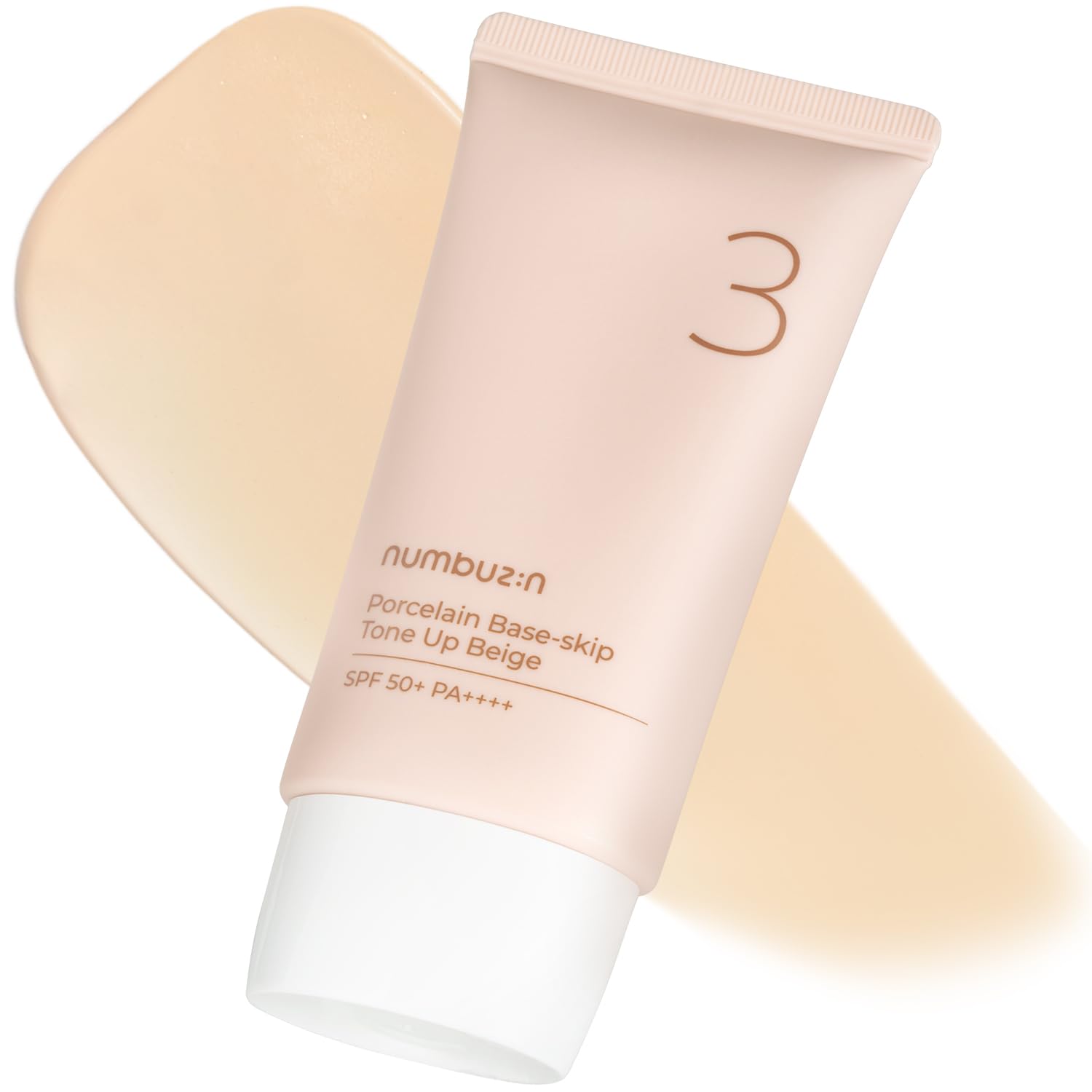
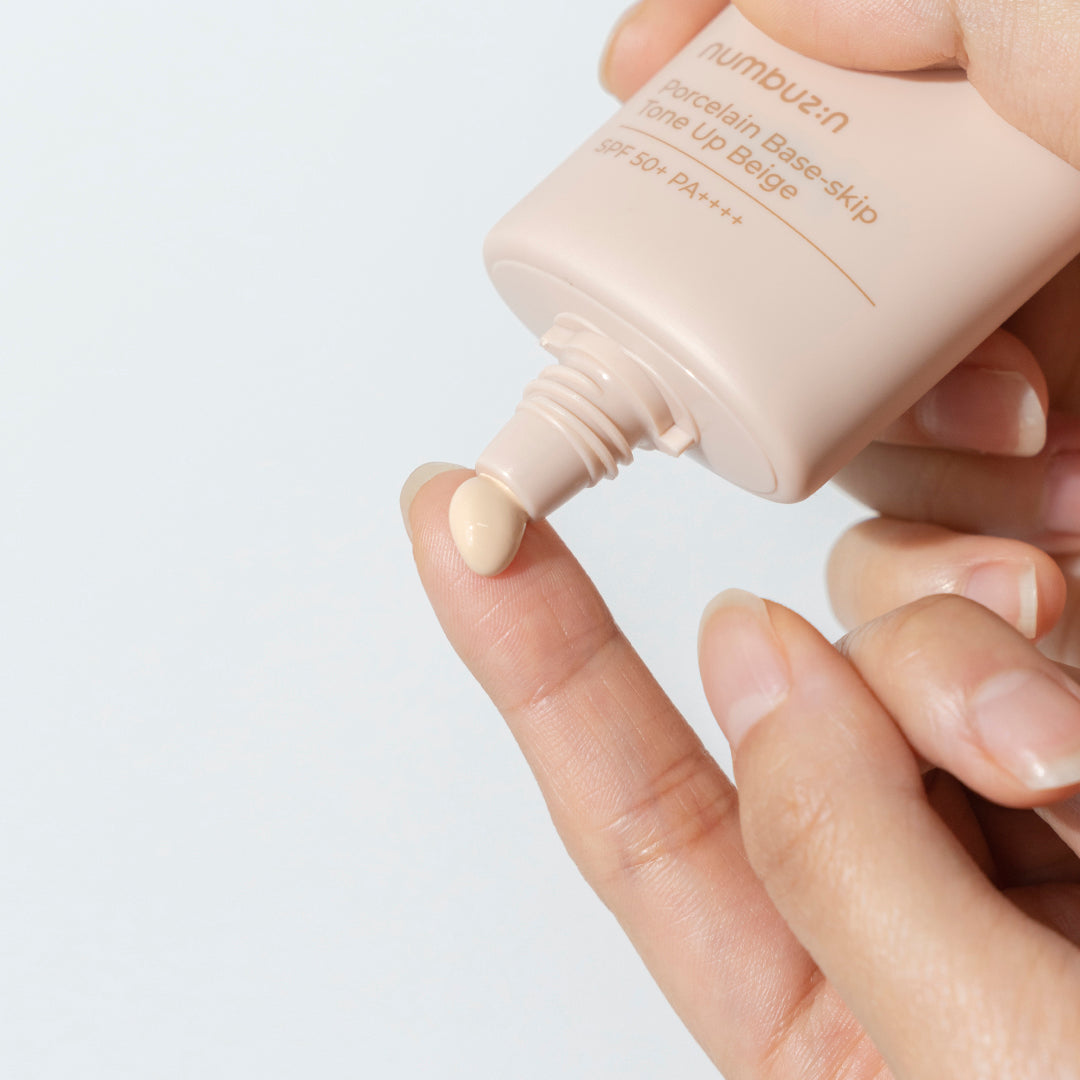
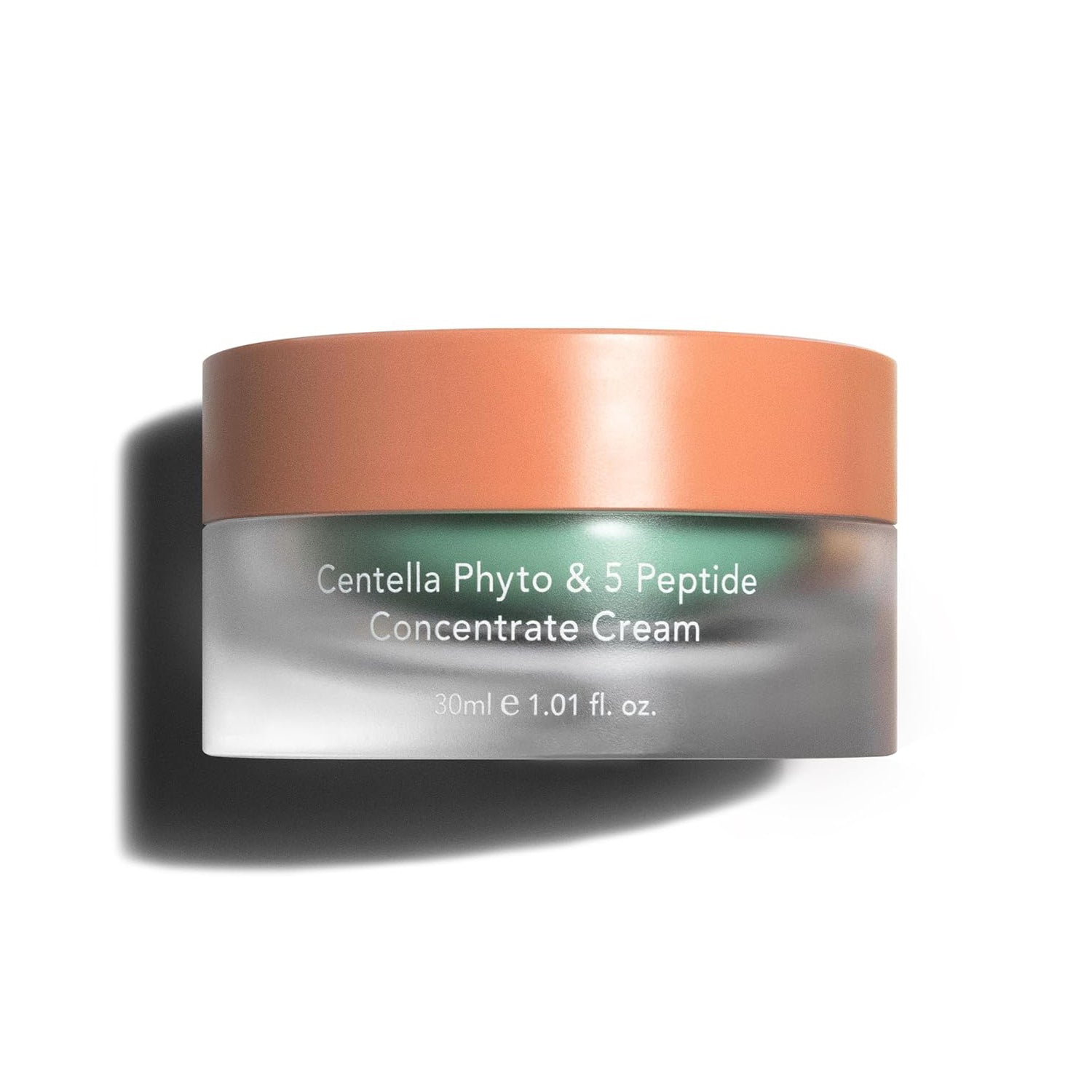
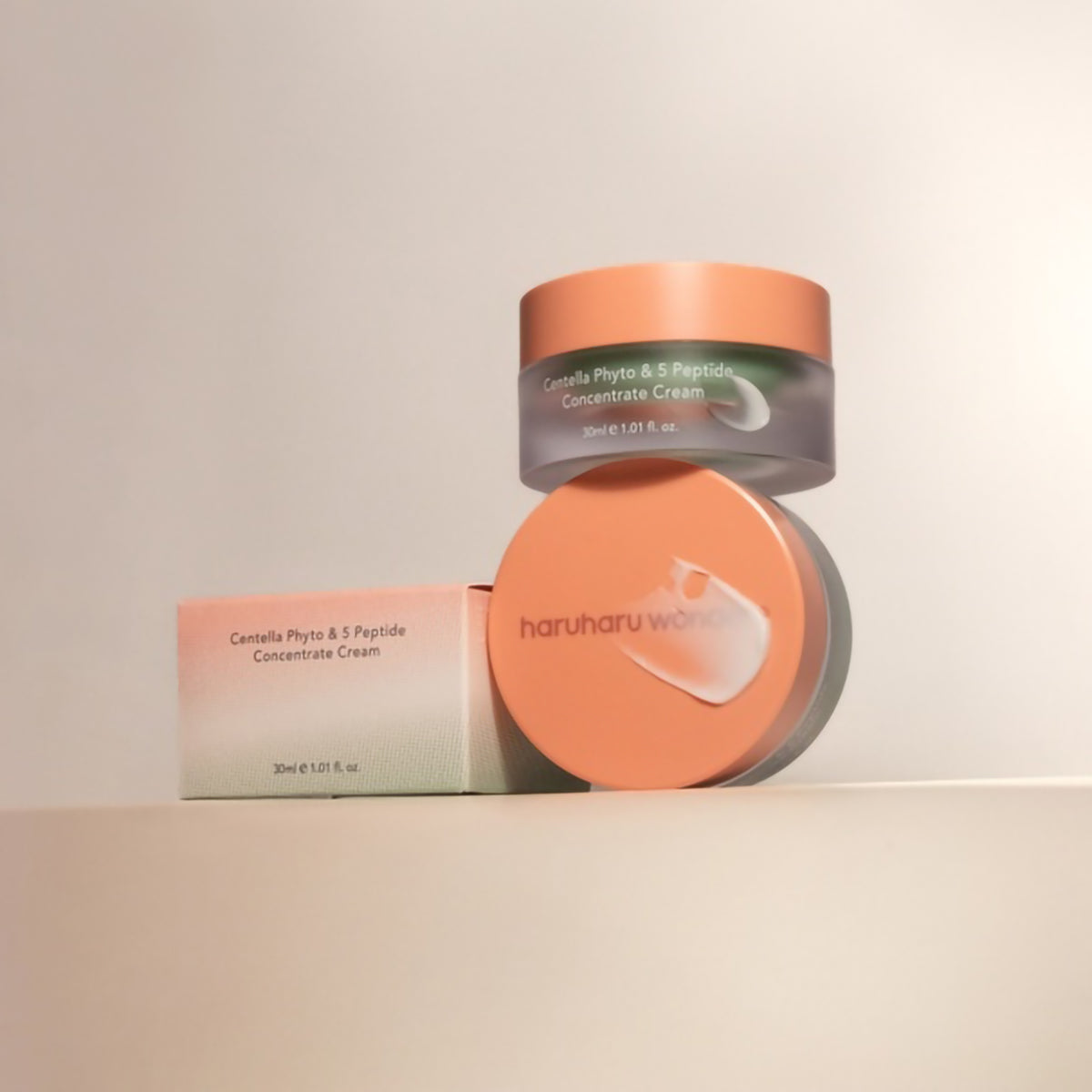
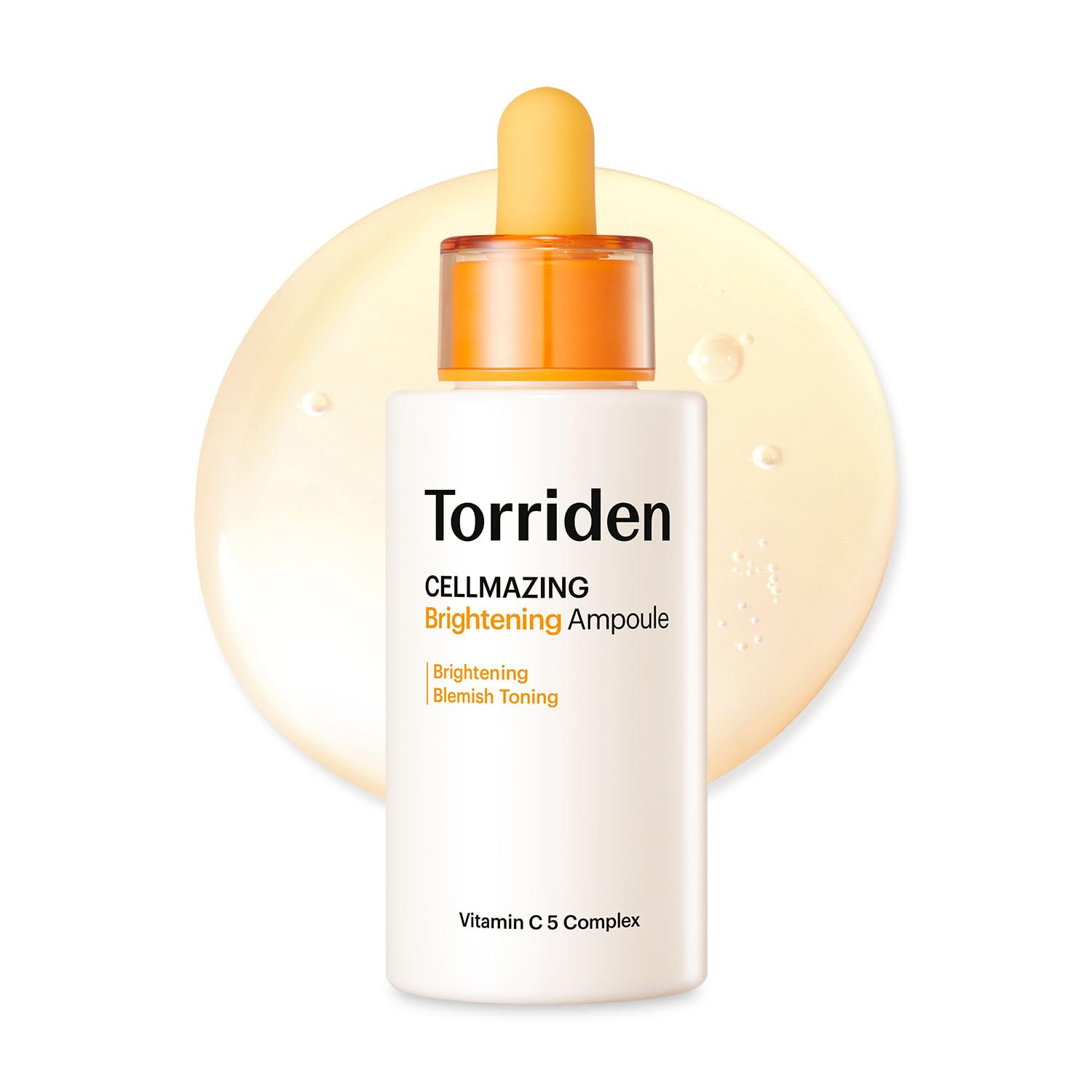
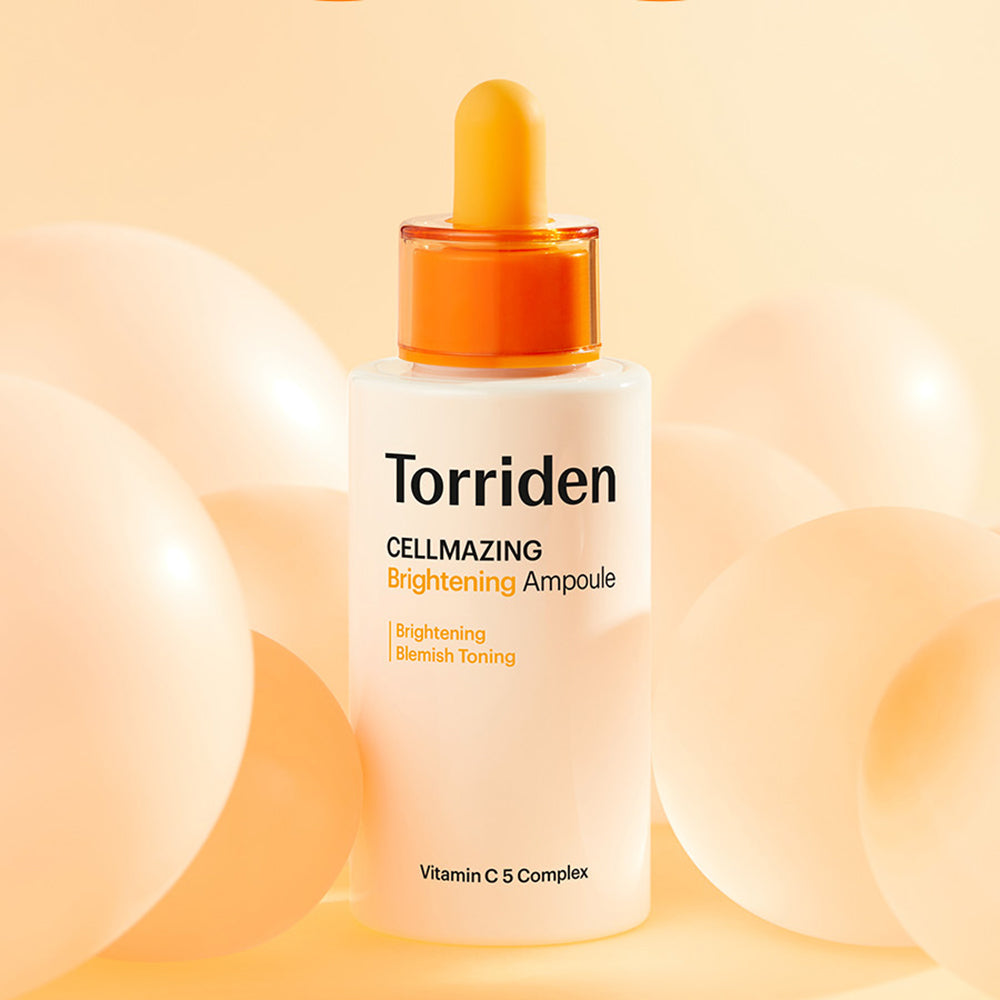
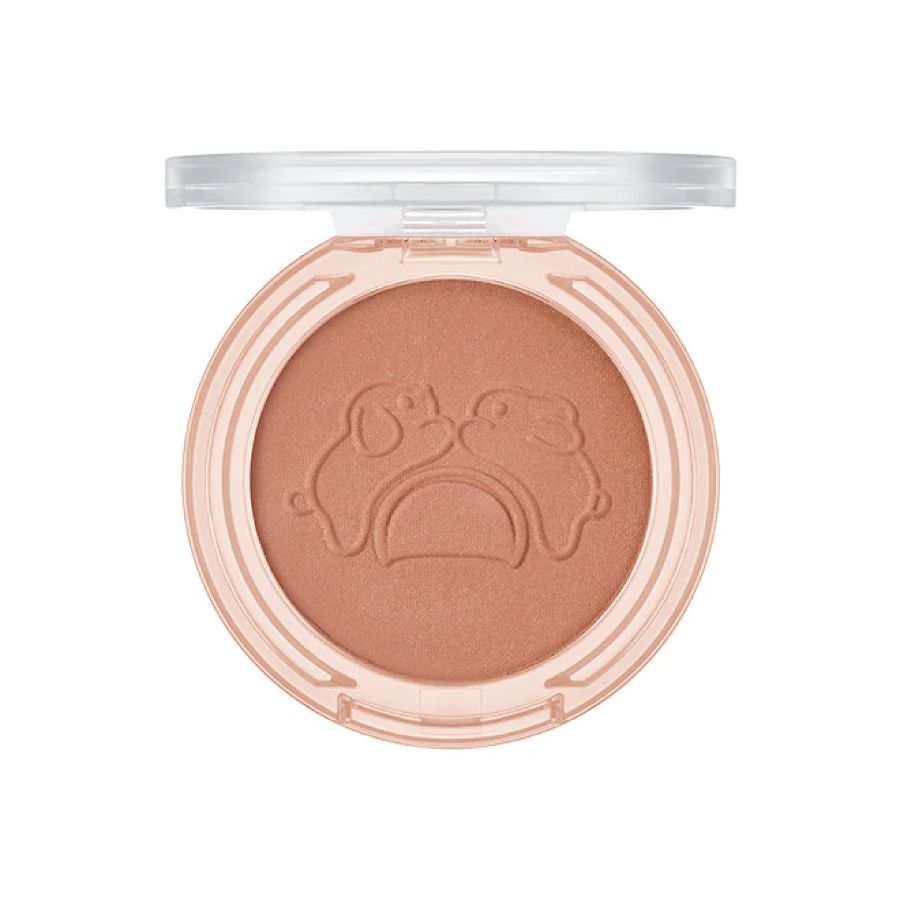
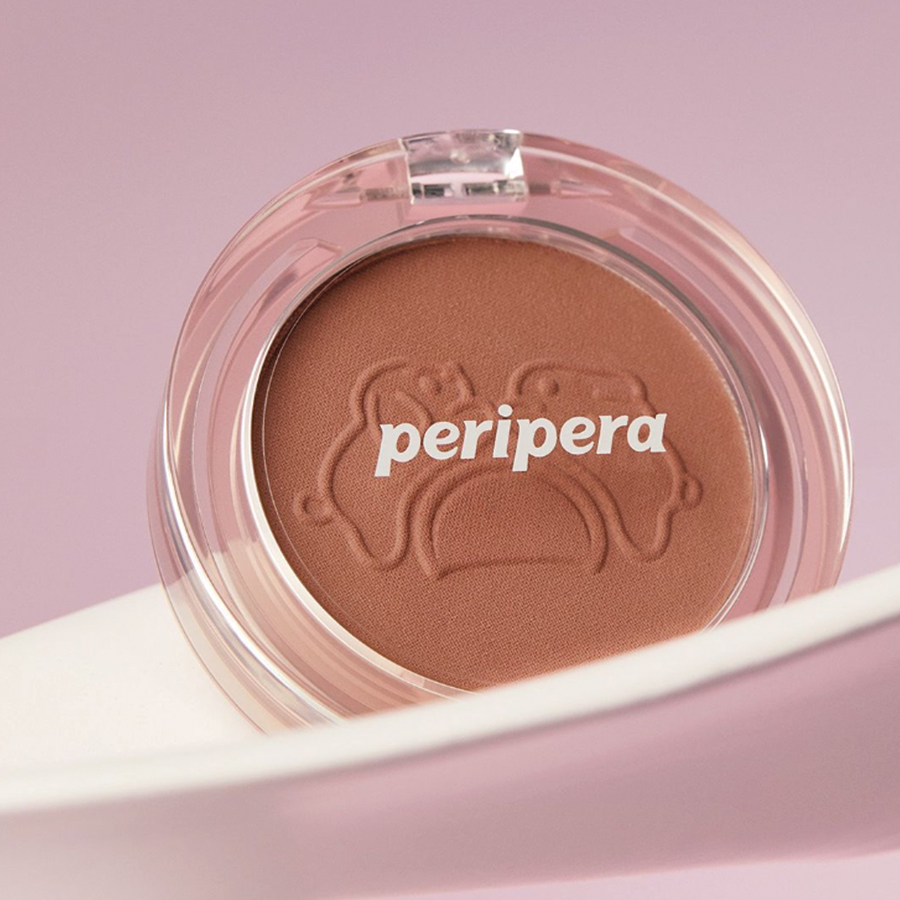
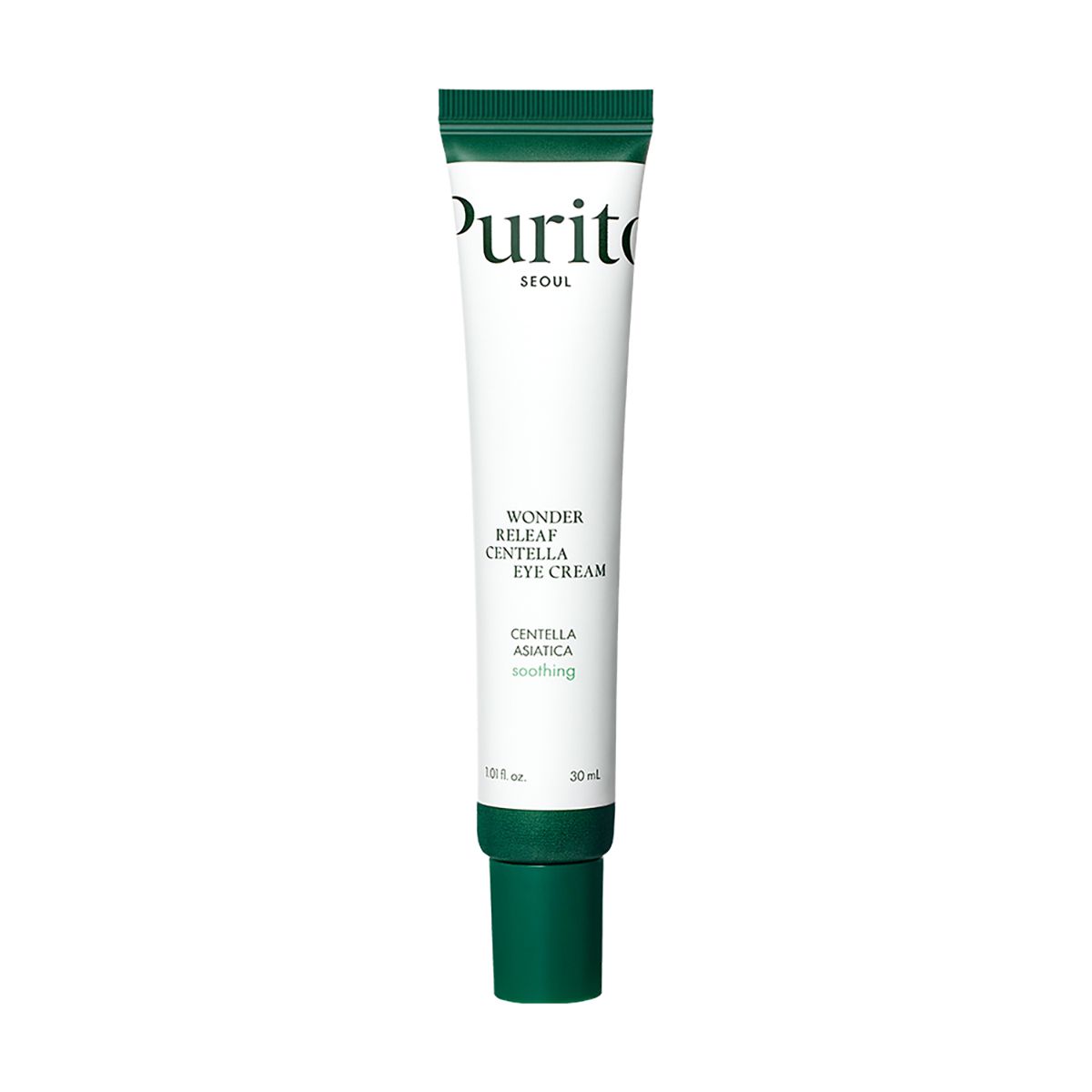
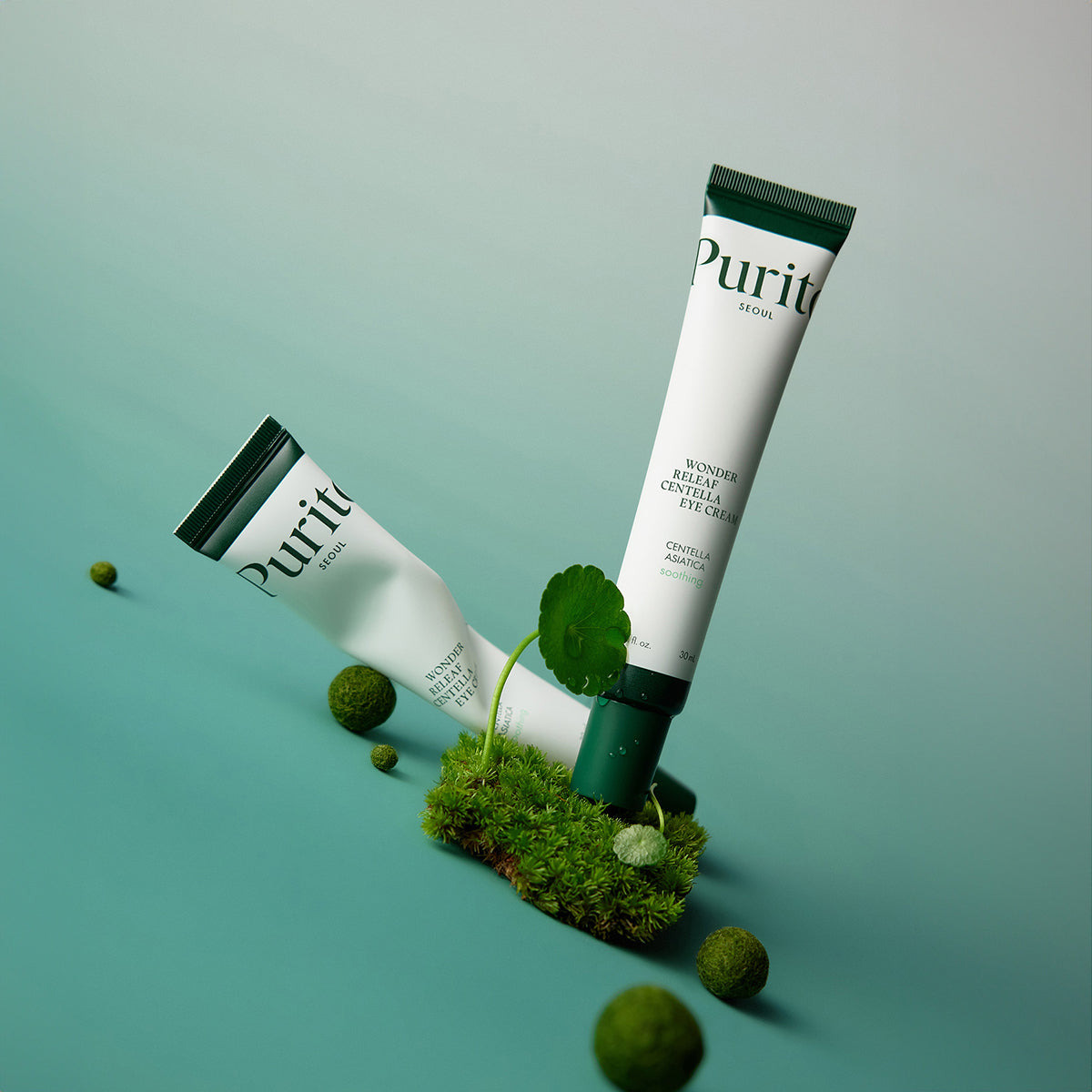
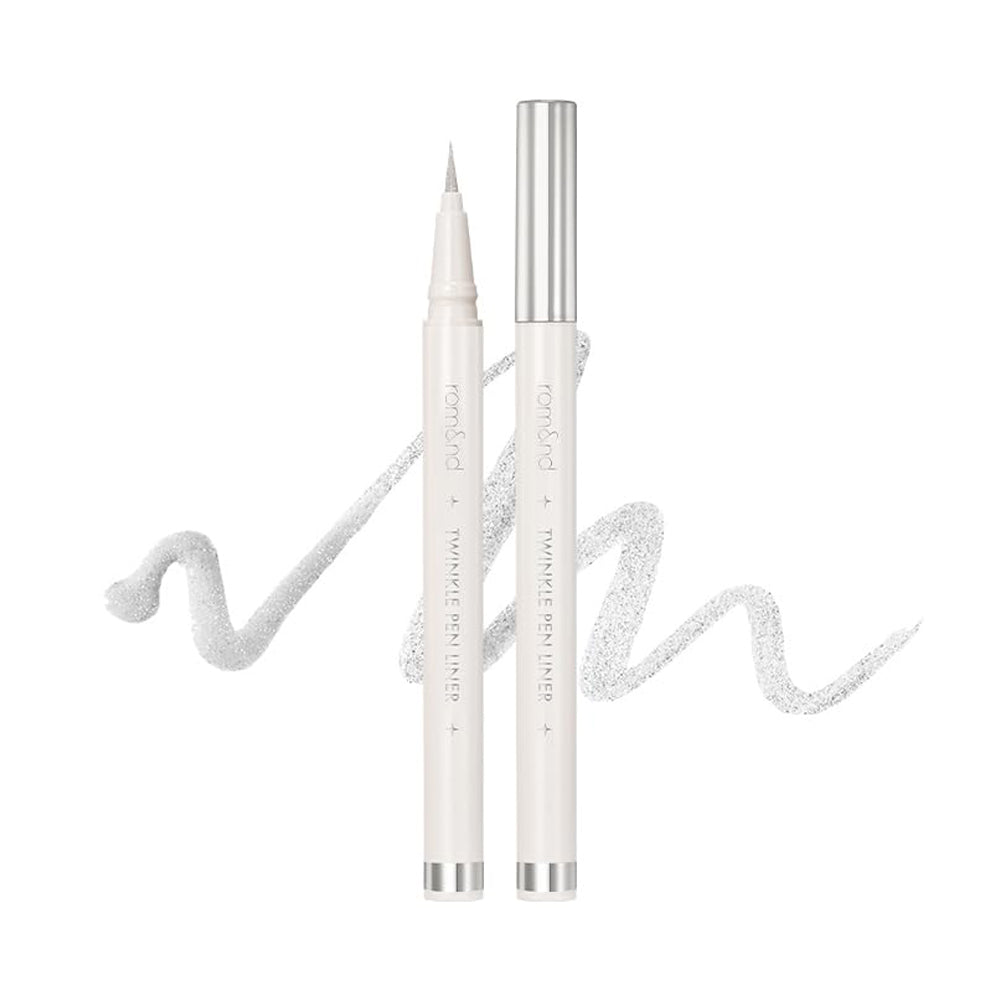
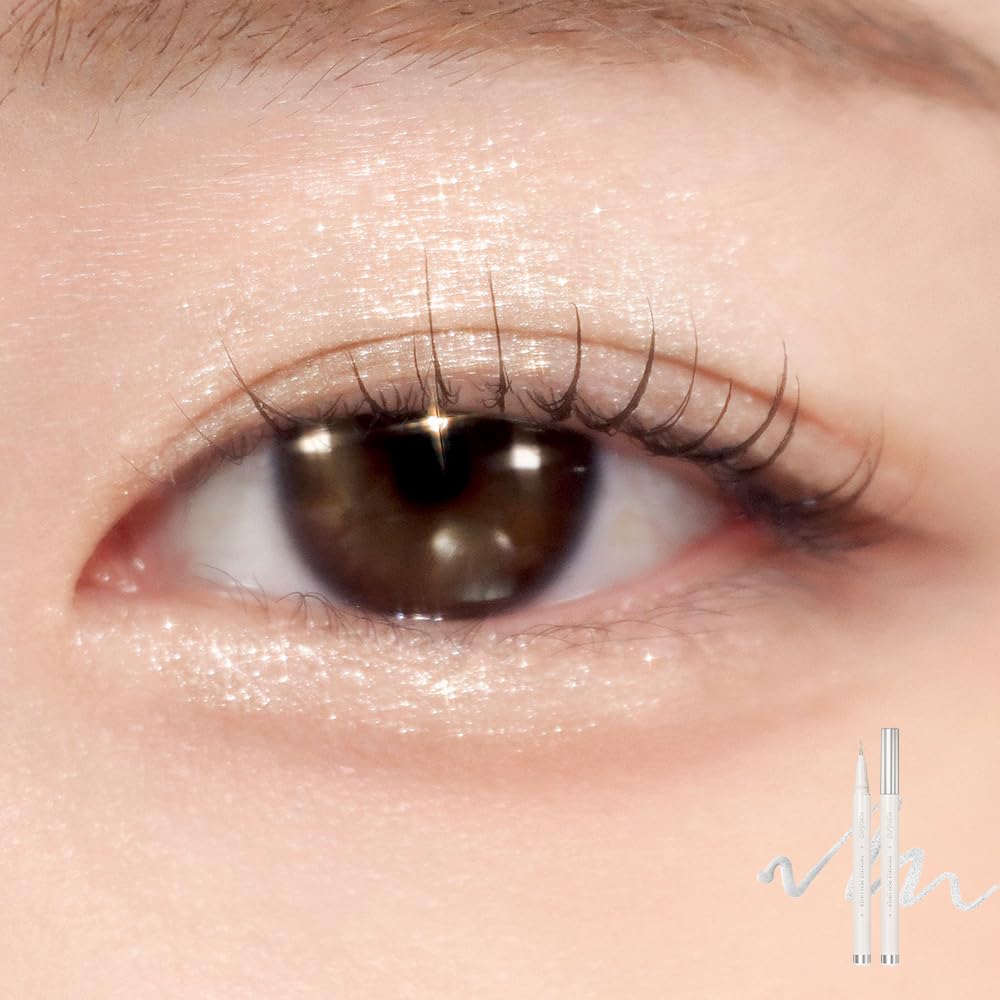
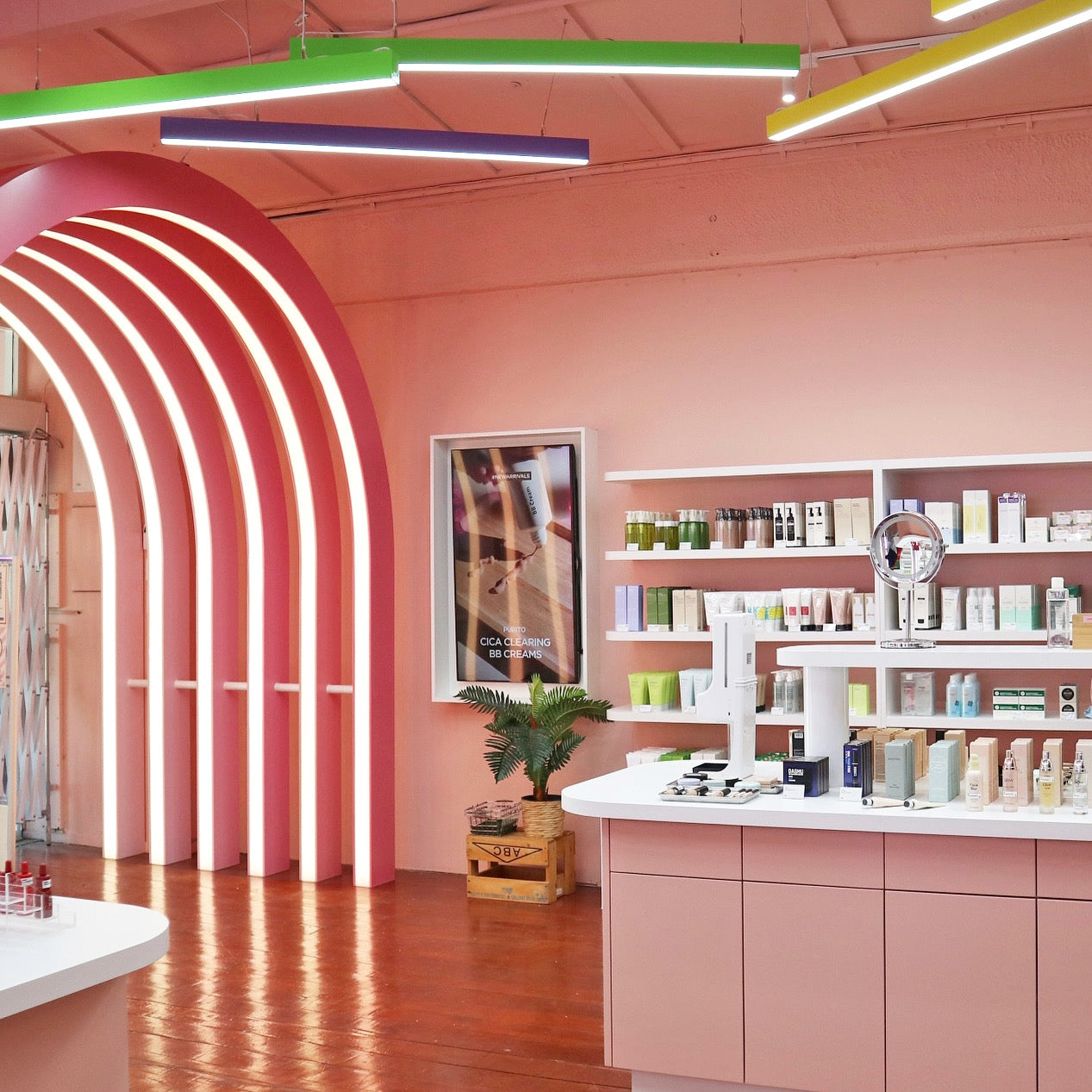
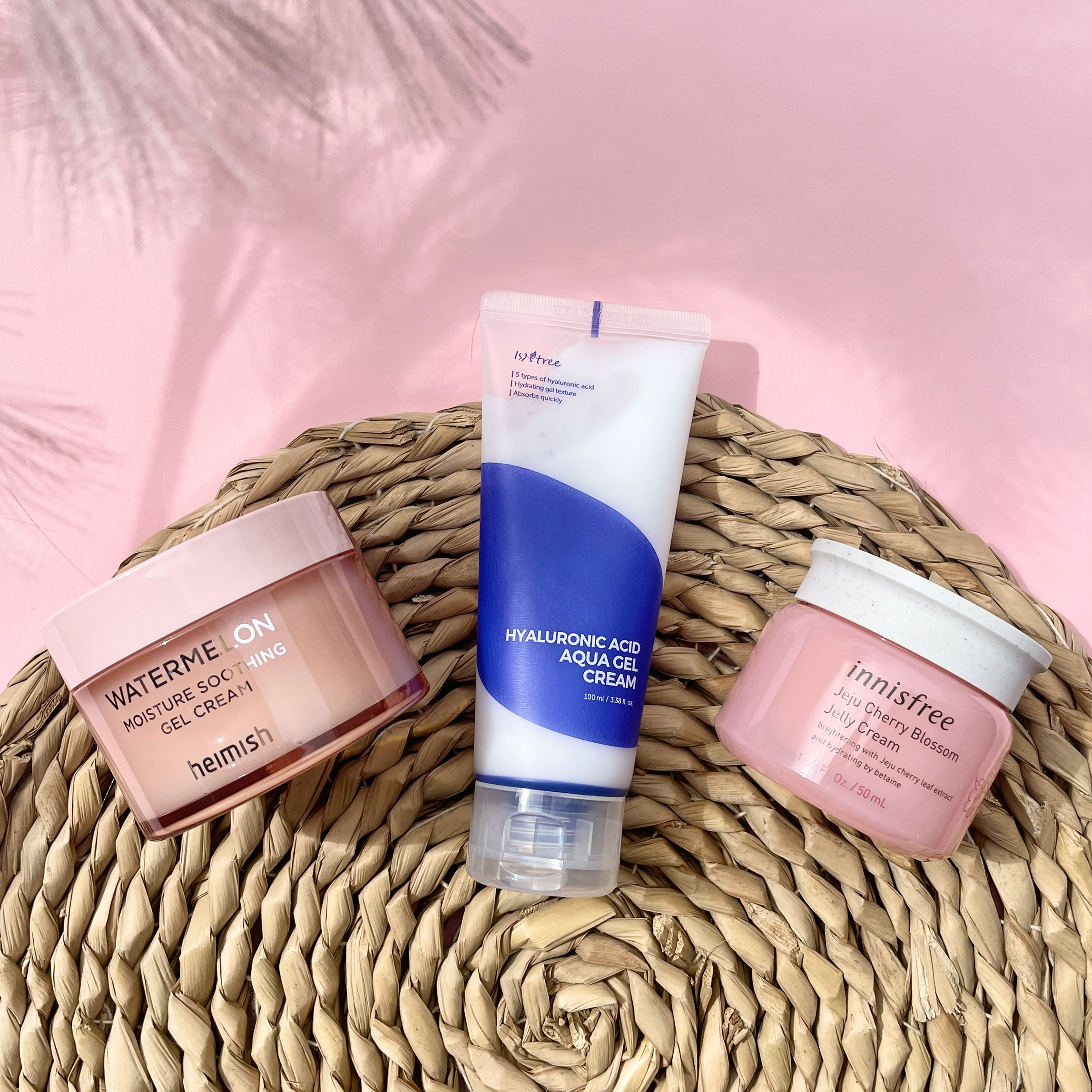
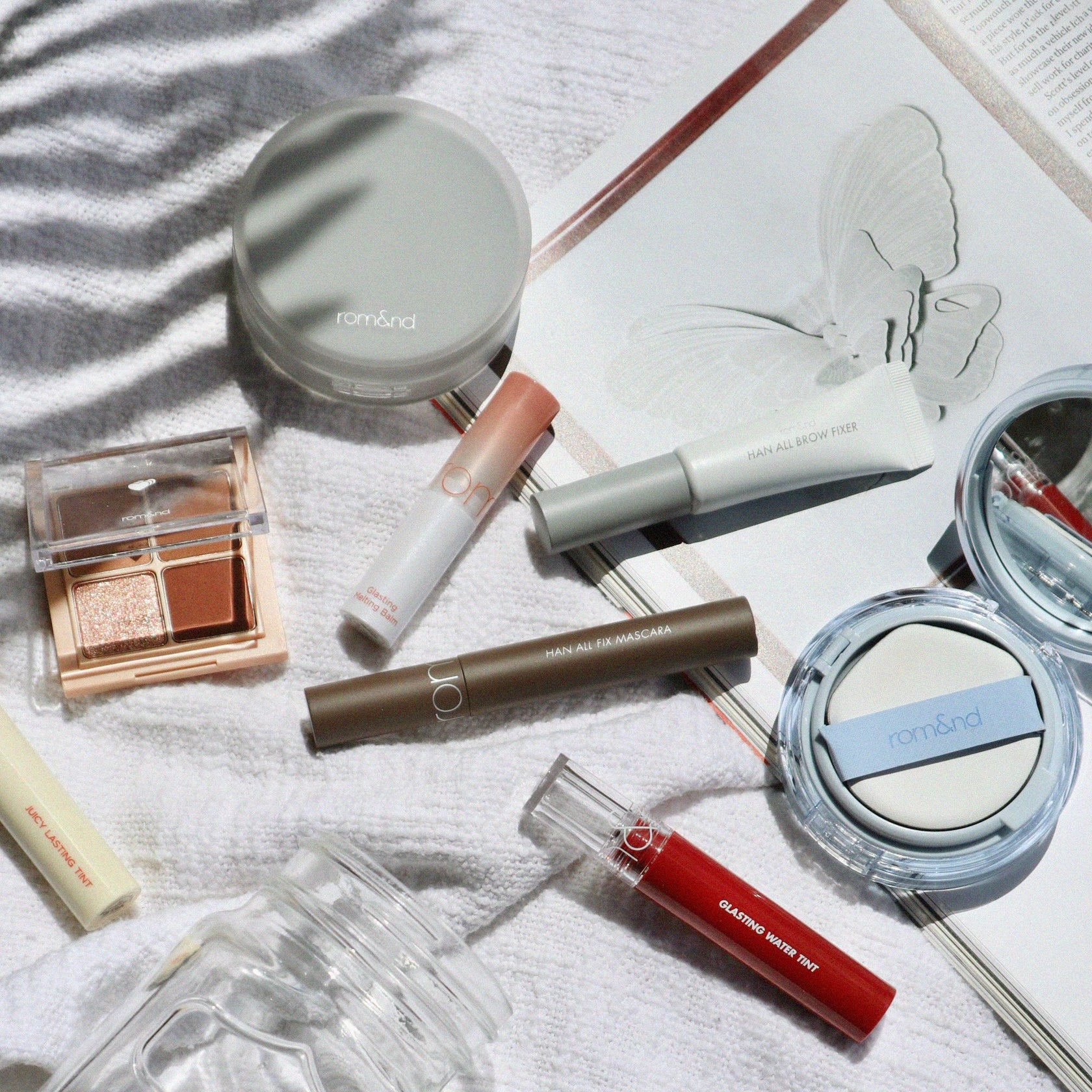
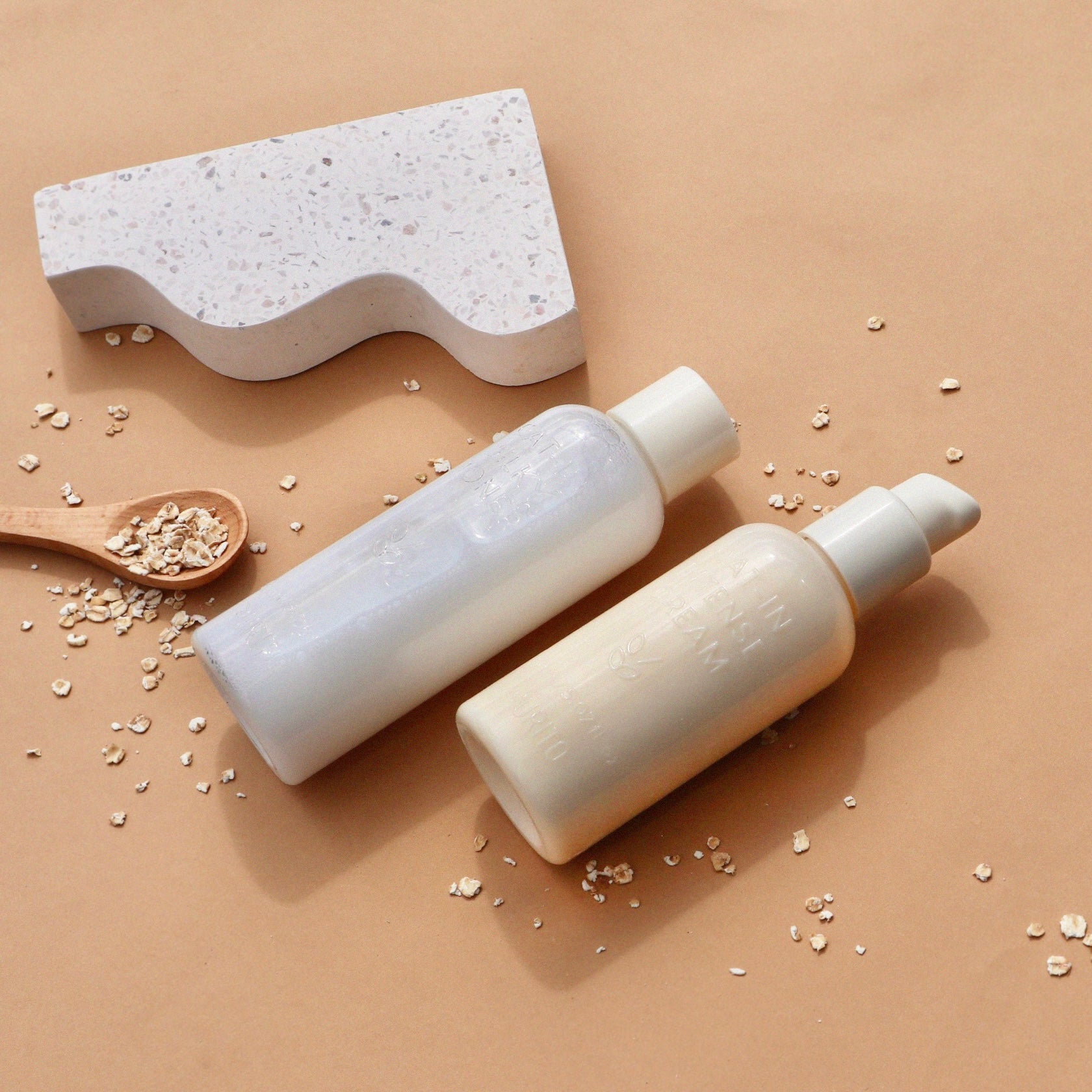
Leave a comment